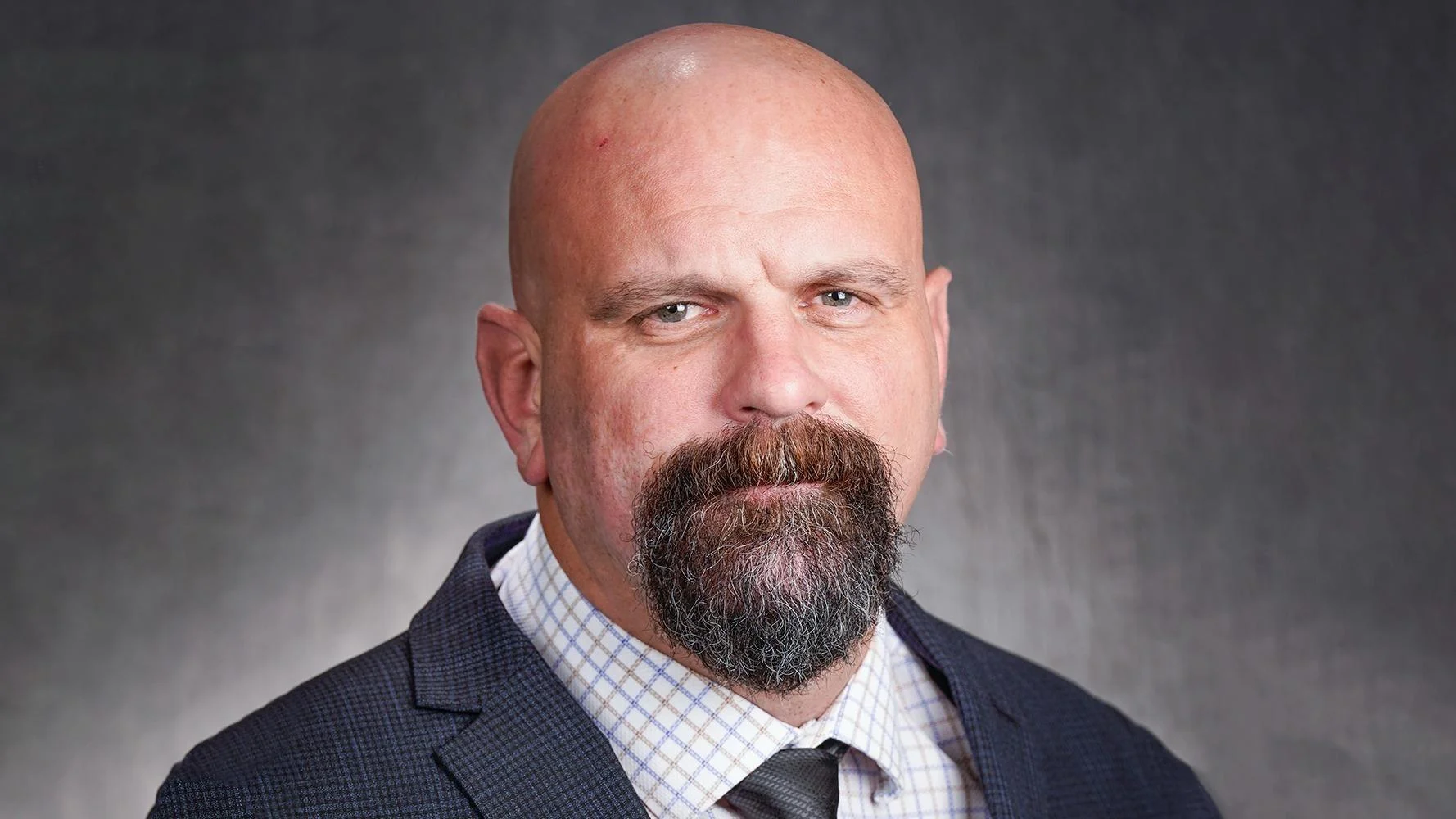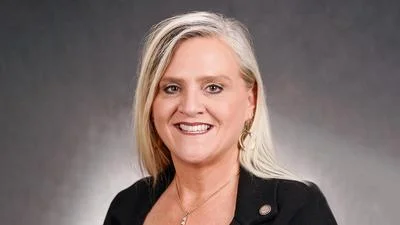Terry M. Stier, Minnesota State Representative of 22B District | Official Website
Terry M. Stier, Minnesota State Representative of 22B District | Official Website
For many Minnesota families, the cost of living continues to rise while state government spending grows. In a recent column, Representative Terry Stier (R-Cleveland) described how increasing taxes and expanding government have made it more difficult for residents to achieve financial stability.
Stier highlighted the struggles faced by working families: "Families are picking up extra shifts, paying for braces, medical bills, and vet expenses, and hoping to save enough for a rare family vacation. Yet no matter how hard they work, it feels like they’re barely keeping their heads above water."
He argued that state government growth has not led to improved services. "Minnesota’s state government has grown massively in size, yet the results continue to decline. Roads and bridges are deteriorating, literacy rates are falling, and crime is climbing. Minnesotans are paying more but getting less," Stier wrote.
Stier pointed out that Minnesota's top income tax rate is among the highest in the country at 9.85 percent—just below New York and California—and contrasted this with states such as Florida or Nevada that do not levy an income tax. He provided examples showing that a resident earning $100,000 could pay nearly one-fifth of their income in combined federal and state taxes before accounting for additional property taxes and sales taxes.
According to Stier, gas taxes in Minnesota are set to increase again in January, making it harder for families compared to states like Arizona where gas taxes remain lower.
The column also referenced losses from fraud cases involving programs such as Feeding Our Future and Housing Stabilization Services. Stier criticized recent expenditures including "$730 million on a new State Office Building that nobody outside the Capitol asked for."
With a projected $6.5 billion deficit ahead, Stier noted calls by Democratic leaders for further tax increases rather than addressing inefficiencies or reforming systems.
"Minnesotans cannot afford this. They deserve a government that respects their hard work and focuses on core services like safe roads, strong schools, and public safety, not endless bureaucracy and vanity projects," he stated.
Stier concluded by advocating for reduced spending on non-essential projects: "It’s time to change course. That means cutting wasteful spending, ending political pet projects, and prioritizing what really matters. Lower taxes, smaller government, and smarter priorities are how we make Minnesota affordable again for working families."





 Alerts Sign-up
Alerts Sign-up